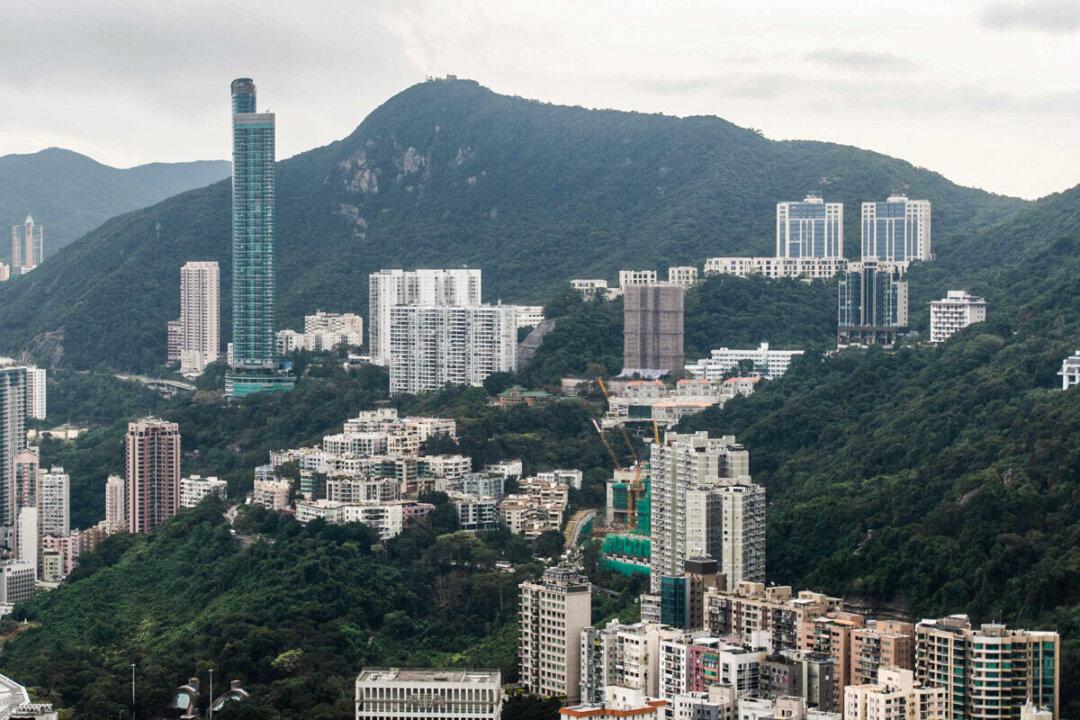Hong Kong government has been following the “Zero-COVID” policy from the Chinese Communist Party (CCP), which has caused a tremendous impact on the city’s economy.
Outgoing Hong Kong leader Carrie Lam has been trying in her tenure to communicate with the mainland for the resumption of normal traveller clearance between Hong Kong and mainland. But until leaving office, she acknowledged that Hong Kong’s pandemic prevention policy is “midway” between mainland and international countries, there isn’t any foreseeable traveller clearance to mainland in the short term.





